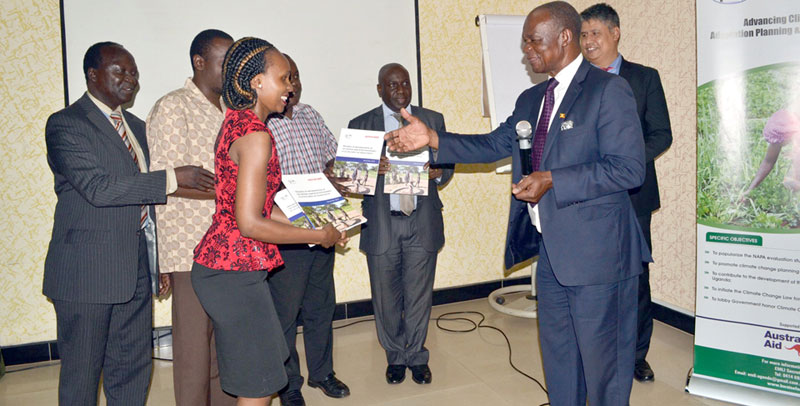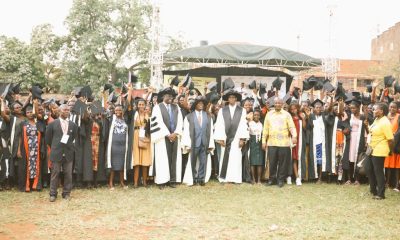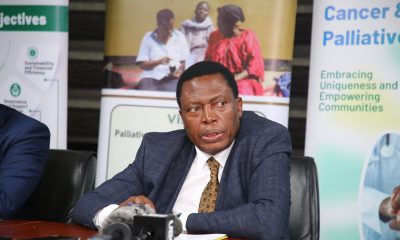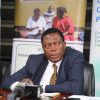News
Districts told to budget for climate change
who include Permanent Secretaries and Chief Administrative Officers at districts to integrate programmes and budget lines to help in dealing with the effects of climate change in their respective fields.
The call is part of a new mechanism that is aimed at streamlining planning and budgeting in all government departments to address the adverse effects of climate change but also one that it hoped will boost communities’ resilience to the global menace of climate change.
According to Chebet Maikut, the plans will help government prioritise allocation of funds generated locally as well as from donors aimed at tackling the impacts of climate change.
Chebet adds that recently, improve rain water harvesting and sanitation.
Chebet noted that Uganda still has an opportunity to obtain a further US$17m to make reach the US$30m offered by the GEF to each of the 48 Least Developed Countries to tackle the impacts of climate change.
This was revealed at a workshop to disseminate the outcomes of last December’s COP21 climate change conference that was held in the French capital of Paris. The dissemination meeting took place at Hotel Africana this week.
Besides the GEF opportunity, participants were told that Uganda has more chances to tap into a wide range of funding opportunities offered by developed countries to LDCs.
At the recent COP21 conference, developed countries committed to contribute some US$100m to help poor and vulnerable countries in Africa and the Oceans cope with the effects of climate change.
Although the critics of the Paris agreement had raised dust about the absence of legally binding provisions holding developed countries to their financial commitments, Dr. Kisamba Mugerwa, the chairman of the National Planning Authority (NPA) argued that Uganda cannot lament about the agreement ‘when so much money is available out there but hasn’t been used.’
Participants were told that Uganda still fares badly compared to other LDCs in tapping climate change funds largely because of low capacity of expertise in developing bankable proposals to address the impacts of climate change.
Robert Ddamulira, the Africa region Energy Coordinator for WWF observed as well that some of the challenges associated with accessing funds for climate change arise from bureaucracy and stringent terms set by developed countries, some of which he noted are obstacles.
Ddamulira cited the requirement by the GEF facility to avail matching funds by a developing country to be able to access the grant as problematic. “For a poor country that is struggling for funding to be asked to set aside money is rather problematic,” said Ddamulira.
The dissemination workshop was also used as an opportunity to launch a survey report that assessed the implementation of Uganda’s National Adaptation Programme of Action (NAPA) that was developed by the government of Uganda.
The study observed that since its completion in five years ago, most of the projects have not followed the priorities set out in the NAPA document. The survey call for closer coordination between the different players including government, civil society and academia to avoid duplication of work.
In an effort to harmonize activities by all the different players, the government has designated the ministry of finance as the government department that will approve every project be it from government or civil society before it receives funding to address climate change.
Comments



















